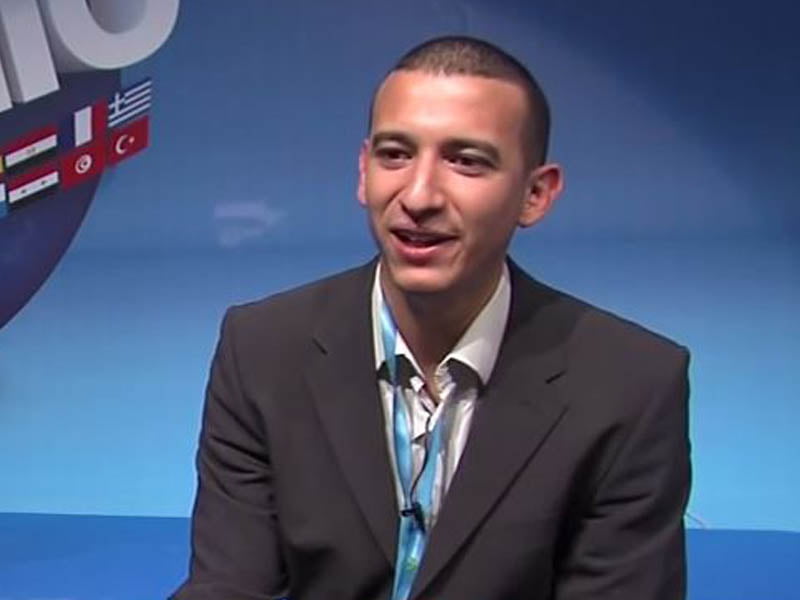Australia’s banks have yet to open up their APIs to FinTechs, but that could change sooner rather than later when a new financial services sandbox gets under way in August.
Getting access to a bank’s APIs is the holy grail of open banking and a key that unlocks all sorts of opportunities for FinTechs wanting to develop 21st century financial services that require a bank connection.
Open banking in Europe is already well underway. The Council of the European Union has passed Payment Systems Directive 2 (PSD2) which will enable European consumers and businesses to instruct their bank to share data with other providers and it will also allow them to instruct their bank to accept transactions on their money.

EU member states have until November this year to incorporate the directive into their national laws and regulations. The move has caused a surge in European FinTech and RegTech valuations.
So far most Australian banks have not opened up their APIs although the Big Four have been making some supportive noises.
The pathway to open banking in Australia got a boost over the weekend when the Germany-based Open Bank Project (OBP) ran a hackathon here using a sandbox supported by the OBP.
The Open Bank Project is led by Berlin-based software firm TESOBE which develops the applications, tooling and SDKs that underpin the project.
The hackathon, called ‘Improving the Lives of Australians with Transactional Data,’ was put on by the Australian Payments Council. It ran in Sydney and Melbourne over the weekend. The Sydney event was at Stone and Chalk while the Melbourne event was at the Cognizant Collaboratory.
Ismail Chaib the Chief Operating Officer of the OBP has been in Australia to help out with the events, which will see the launch of the sandbox here so that Australian banks, including the Big Four can get comfortable with the technology and the way FinTechs aim to make use of bank API’s in the future.
The hackathon saw FinTech teams battle it out for a $5000 first prize as they developed applications inside the OBP sandbox.
“We had mentors coming in from the banks to support them and give them feedback. On Sunday around 4 pm there was a jury composed of people from the banks and each team pitched them their ideas,” Mr Chaib said.
There are 12 Australian financial institutions taking part including representatives from the Big Four
The sandbox will remain in place for a year after the hackathon so that banks and FinTechs can further develop technical relationships.
Mr Chaib says the OBP technology offered a wide range of API services.
“That covers everything from access to accounts, making payments and KYC (know your customer protocols), card management. We have APIs for every aspect of banking.
The OBP technology sits on a bank’s own data centre and sits inside the bank’s firewall.
“It goes through the same security tests as any applications they have already,” he says. “The bank is operating this technology and the bank controls which APIs open up and which app is connecting. If someone is misbehaving the bank can revoke access at any time.”
Mr Chaib believes Australian banks could move quite swiftly to an open API regime because they can draw on the experience of European banks which have already gone down that road.
Open API advocates here say we need to get moving.
At the InnovationAus.com’ RegTech Australia 2017 event in June, Tyro executive director and German expat Jost Stollmann said Australia risked missing out on the FinTech wave if did not open up bank APIs.
“My view is the FinTechs and RegTechs are not going to scale up in Australia if they don’t get access to data. I have this view that there is the potential for Australia to leapfrog by going into the API economy,” Mr Stollmann said.
Westpac Group general counsel and chief compliance officer Rebecca Lim was also at the event.
Asked if the big banks would open up their APIs, Ms Lim said the reforms would take some time.
“I think they will do that in a phased approach,” she said. “I think they understand that it has to happen in some way, shape or form but there are a lot of competitive aspects, a lot of strategic aspects and a lot of financial aspects to work through. Do I think that will happen – absolutely.”
Do you know more? Contact James Riley via Email.

